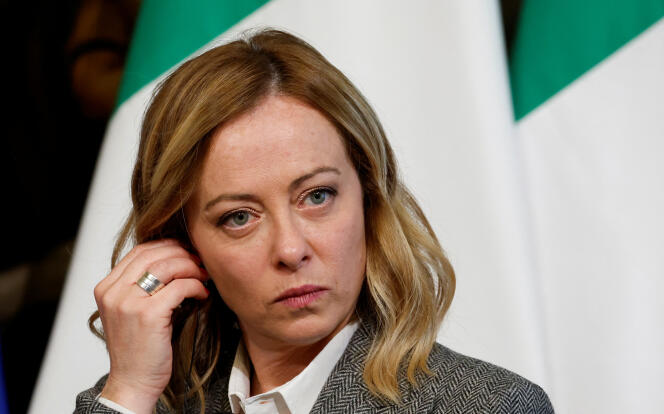


Italian Prime Minister Giorgia Meloni has described it as "the mother of all reforms." A historically important draft revision of the Constitution began its long legislative journey at the beginning of November, sparking intense debate on the direction it could take Italian parliamentary democracy. Its flagship measure, championed by Meloni and her allies, is to introduce the election of the prime minister by universal suffrage, at the same time as parliamentary elections, for a five-year term.
The aim is to establish a political system capable of achieving stable executive power, by providing the prime minister with popular legitimacy and the support of a clear parliamentary majority. According to the reform, which involves amending the electoral law, 55% of the seats in Parliament should go to the party or coalition of the elected prime minister, in order to "ensure governability." Her plan draws on the gap between the will of the people – which her plan claims to protect – and the "palace games" that she says are at the root of Italy's political instability, which has seen 10 prime ministers in two decades, a fact which Meloni says is damaging the country's international credibility.
"Italy has been thinking about strengthening its executive branch for 40 years. Major reforms along these lines have been made or attempted, but this one is unprecedented," explained Francesco Clementi, constitutional expert and professor of public law at La Sapienza University in Rome. "The reform affects a fundamental aspect of the political system: the role of the president of the republic. The head of state is in a sense the emergency engine of Italian democracy. While the law would apparently keep the president in their current role, it considerably weakens and prevents them from intervening in the event of a breakdown in party politics."
Far from fulfilling a purely ceremonial function, the president of the Italian Republic, elected by Parliament, can have a say in the formation of governments. However, when faced with a prime minister elected by universal suffrage, their legitimacy to do so would be completely undermined. By stipulating that the successor to a disowned prime minister must be a member of the parliamenty majority, the revision would also make it impossible for the president to call on technocrats to lead the government in the event of a political crisis.
This was the case in 2021, after the Covid-19 pandemic, when the former president of the European Central Bank Mario Draghi became the head of government, with Fratelli d'Italia, Meloni's party, as the only opposition party. The bill also aims to prevent the creation of new majorities through agreements between political parties without going through elections. The prime minister hates these situations, which result from the peculiarities of the Italian parliamentary system, and has promised her electorate that the reform means they will no longer happen.
You have 45% of this article left to read. The rest is for subscribers only.
